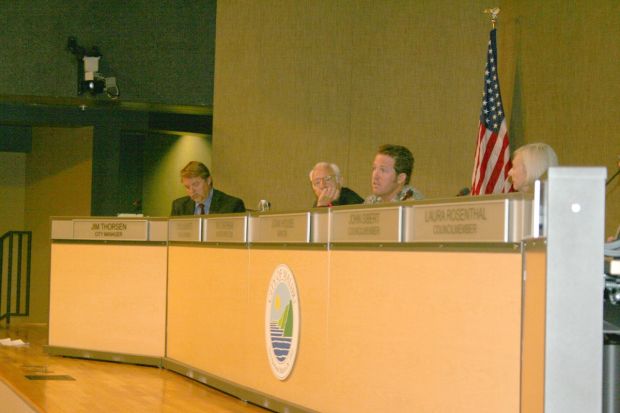
The Malibu City Council took a stand against rat poison on Monday, becoming one of a handful of cities in California to oppose the use or sale of rodenticides.
Anticoagulants in rat poison have been known to cause death in hawks, mountain lions and bobcats that catch poisoned rats and ingest rodenticides through the natural food chain.
“These are animals that we rely on to do our actual rodent control and we are poisoning them,” said Kian Schulman, secretary of the local anti-poison group Malibu Agricultural Society (MAS).
The resolution passed after months of lobbying from MAS, which has successfully asked stores throughout Malibu to remove harmful rodenticides from their shelves in the last few months, including Ralphs, Pavilions, CVS and Anawalt Lumber.
Councilmembers John Sibert and Lou La Monte spearheaded efforts to get the resolution on the council’s agenda.
The city does not have the power to ban rodenticides. Only the State of California has that authority.
MAS plans on using Malibu’s stance as a launching pad to gain more statewide and nationwide traction for the issue.
“Pass this resolution and publicize it, because I think what happens in Malibu sometimes gets undue or outsized attention, and in this case that can be used to break public will,” speaker Ben Allanoff told the council.
MAS is also aiming to inform locals and companies about alternatives to rodenticides.
The society recommends people seal holes in their homes to stop rodents from entering them, and then use live traps to catch any rats that are left inside and release them outside.
Additionally, the city is working on drafting a pest management program policy, which should specify against the use of rodenticides and other harmful toxins by city agencies as well. Predator poles for birds to perch on are going up in parks throughout the city, including Legacy Park. A squirrel infestation at the park led to the idea for predator poles, according to a June staff report.
